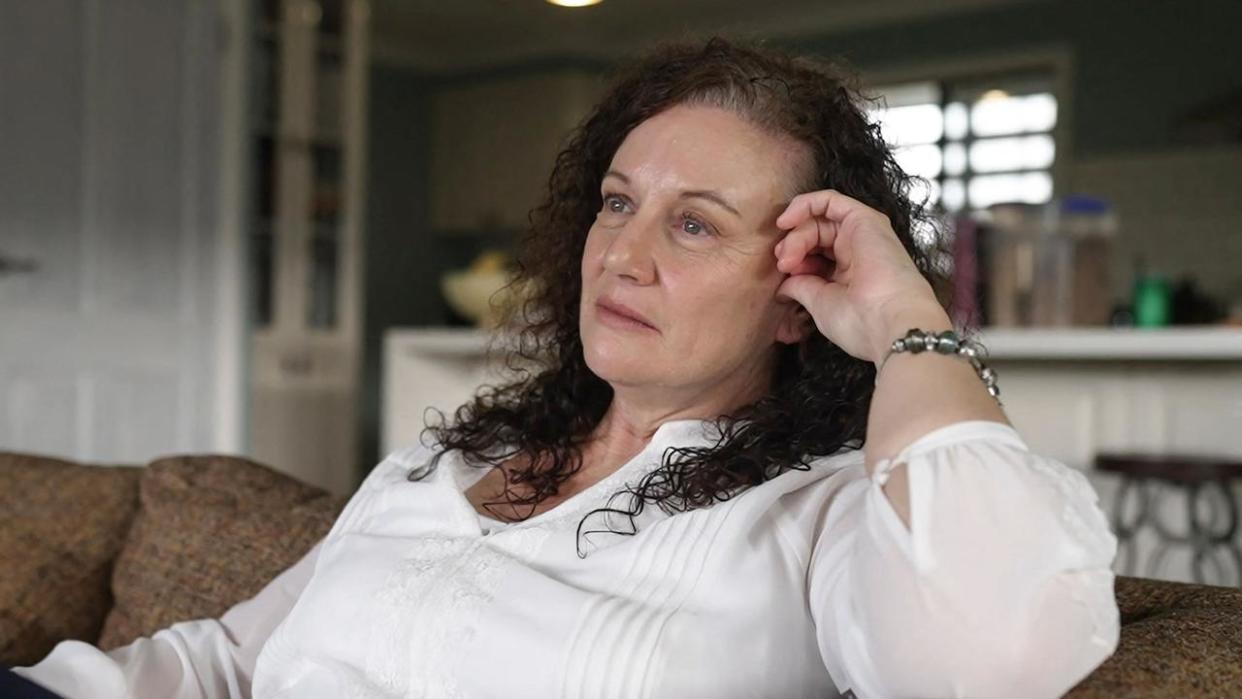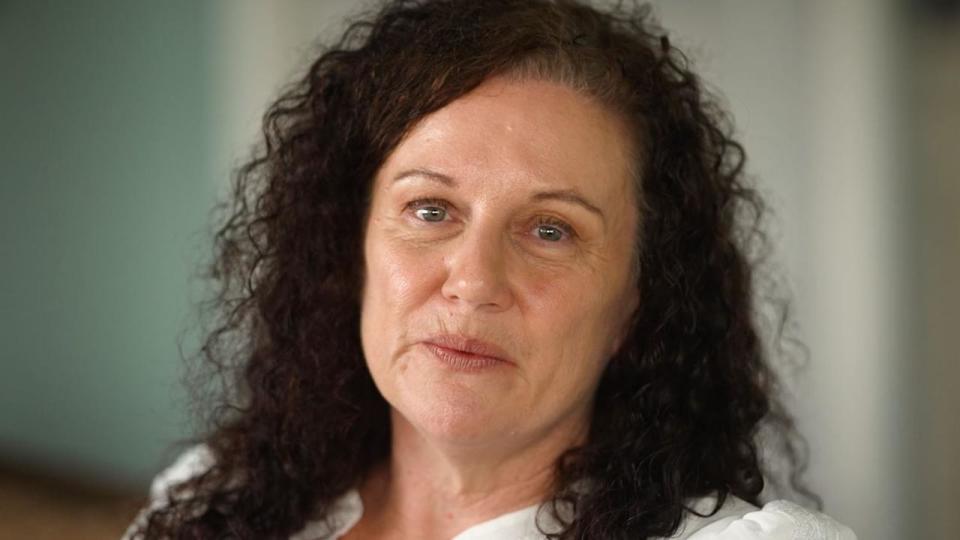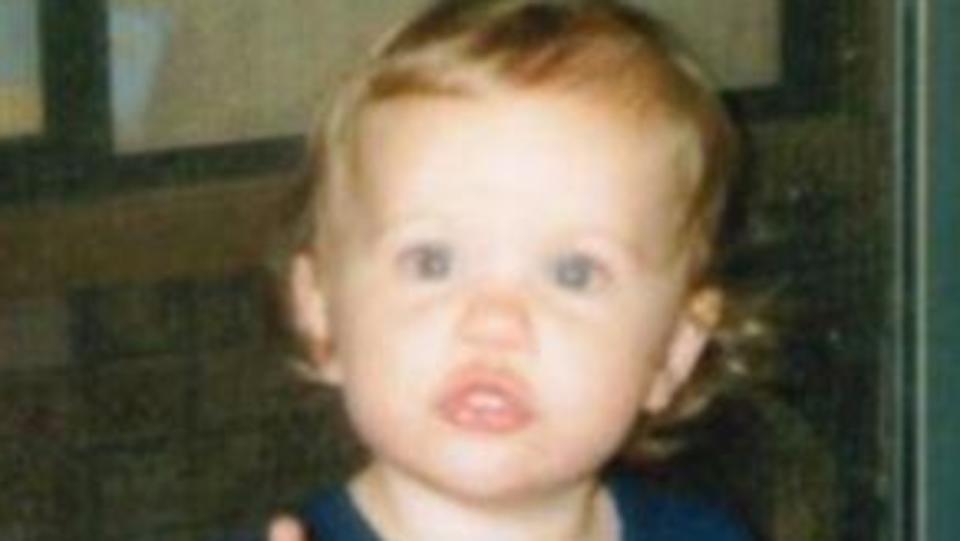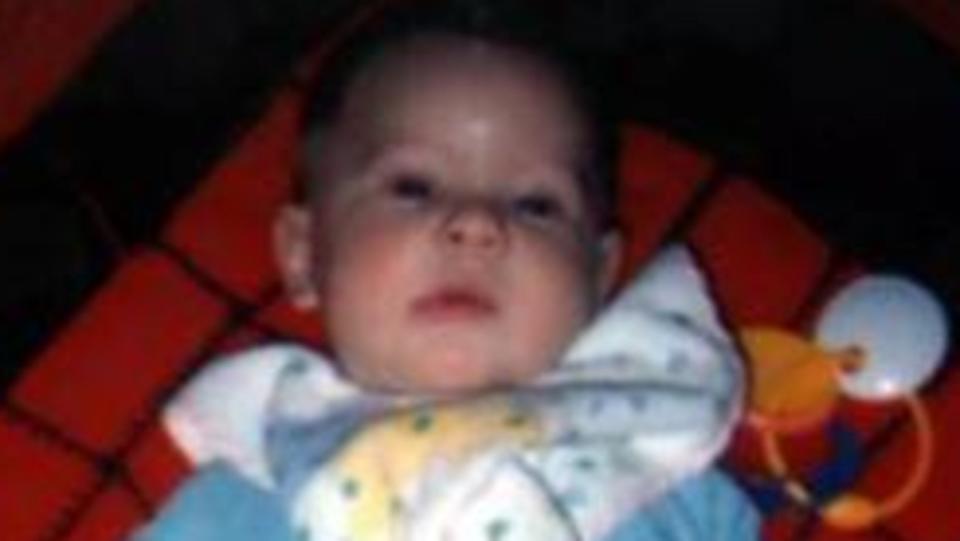Mum’s bid to scrap baby killing convictions

After being pardoned and released from prison, Kathleen Folbigg on Thursday took her first step towards having her convictions quashed as her lawyers made an appearance in the Court of Criminal Appeal.
Ms Folbigg spent two decades in prison after being convicted over the deaths of her four children before she was in June released after an inquiry found there was “reasonable doubt” as to her guilt.
Last week, Tom Bathurst KC, who headed the inquiry into Ms Folbigg’s convictions, referred the case to the Court of Criminal Appeal.
If an appeal is allowed and if she is successful, Ms Folbigg will officially have her convictions overturned.
“I will also, as requested by Ms Folbigg, refer the matter … to the Court of Criminal Appeal … for consideration of the question of whether the convictions should be quashed,” Mr Bathurst said.
On Thursday, her barrister Gregory Woods KC made a brief appearance in the Court of Criminal Appeal, along with her solicitor Rhanee Rego.

Dr Woods told the court that given Mr Bathurst had agreed with the submission of the counsel assisting the inquiry that reasonable doubt existed, he questioned whether a substantive hearing would be necessary to quash Ms Folbigg’s convictions.
“In any event, we want a hearing as soon as possible,” Dr Woods told the court on Thursday.
Registrar George Galanis said the court was also “anxious to have this matter disposed of”.
Dr Woods said he would be able file submissions as early as Thursday afternoon in an effort to expedite the matter.
The matter is scheduled to return to court later this month.
Ms Rego declined to comment to media outside the court on Thursday.


Ms Folbigg was in 2003 jailed for 30 years for the murder of Patrick (eight months), Laura (10 months) and Sarah (19 months) as well as the manslaughter of her eldest son Caleb (19 days).
However, an inquiry earlier this year raised doubts as to whether they instead died due to natural causes or a genetic mutation.
Throughout three criminal trials and an initial judicial inquiry in 2019, Ms Folbigg said she did not kill her four children, who all died between 1989 and 1999.
She was sentenced to 30 years in prison, and spent 20 years in jail, before being pardoned and released from Clarence Correctional Centre earlier this year.


The inquiry found there was “reasonable doubt” as to her guilt as a result of new evidence relating to the rare genetic mutation CALM2 G114R.
New expert medical evidence published in March 2021 showed that Sarah and Laura Folbigg carried the CALM2 genetic mutation, which can cause cardiac problems, irregular heartbeats and lead to sudden death.
Ms Folbigg also shared the variant, Mr Bathurst said in his report.
Mr Bathurst in his report said he found that there was an “identifiable cause” for three of the children’s deaths and no direct evidence that Ms Folbigg killed her children.


